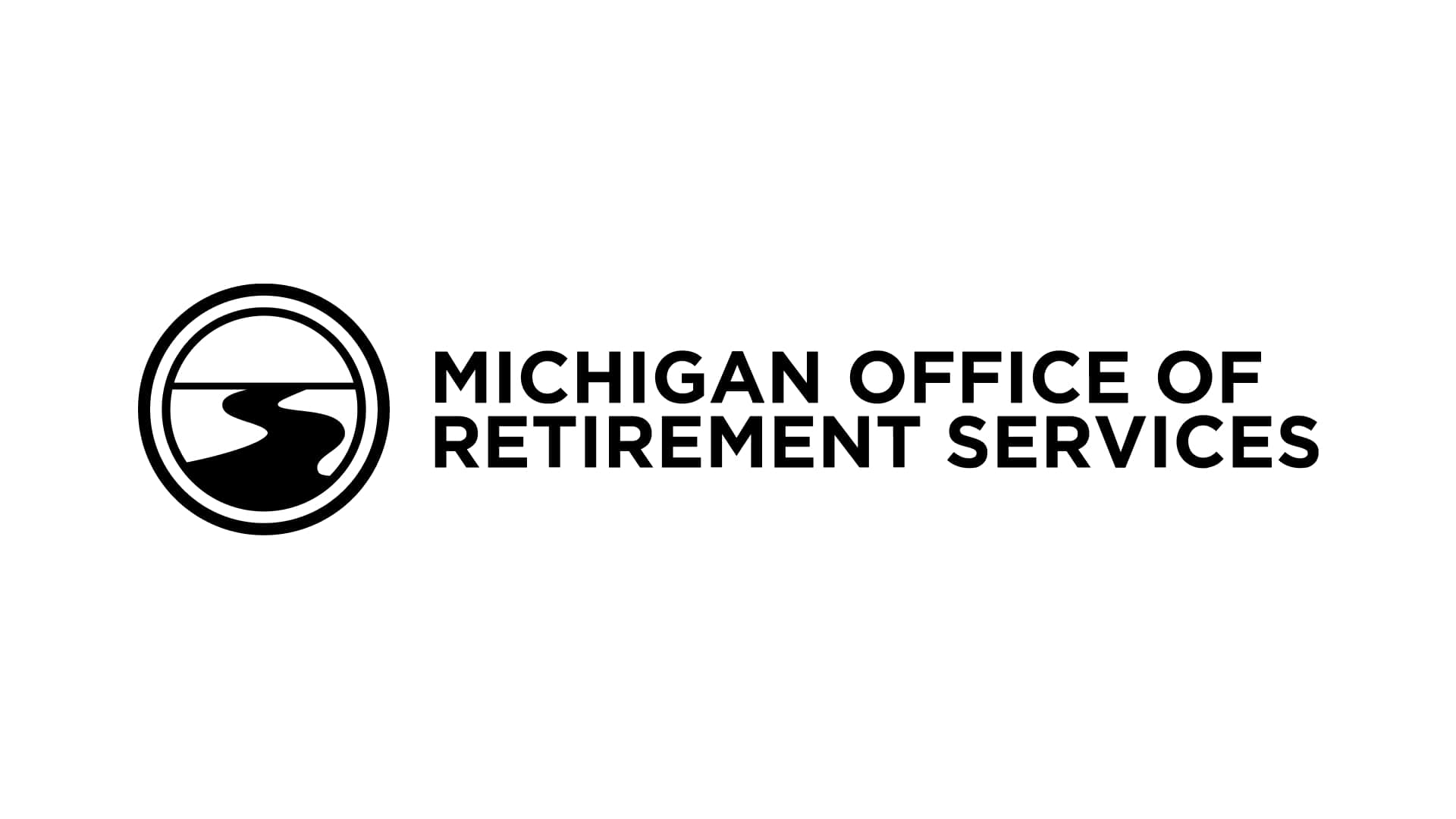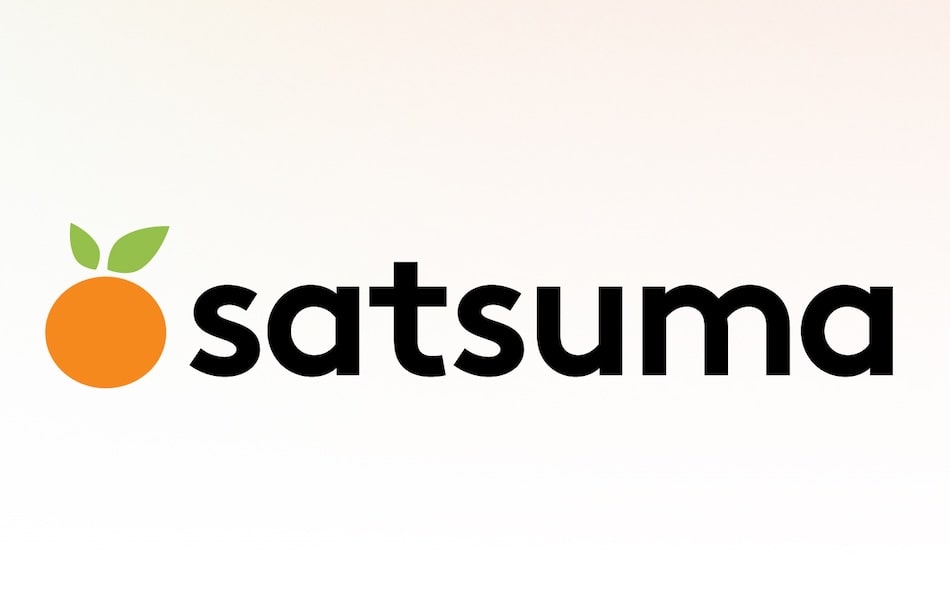
U.S. bitcoin miners are facing increased operational costs as steep tariffs on imported mining equipment take effect.
The White House recently imposed new reciprocal import tariffs on ASIC machines from Southeast Asia, including a 19% tariff on imports from Indonesia, Malaysia, and Thailand, bringing total levies to 21.6%.
Tariffs on Chinese imports remain higher, currently totaling 57.6% due to additional country-specific premiums, though still below the previously floated 145% rate.
Industry shifts machine sourcing overseas
The tariff hikes are already prompting U.S. operators to explore overseas expansion and alternative sourcing.
Ethan Vera, COO of Luxor Technology, explained that demand from U.S. clients is dropping while miners look to Canada and other countries with more favorable import regimes.
Vera stated:
“At 21.6% tariffs, the U.S. is now one of the least competitive jurisdictions to bring machines in, and miners are looking at Canada and other markets to expand too.”
Domestic manufacturing ramps up
In response, ASIC manufacturers are ramping up domestic production efforts.
Luxor has partnered with leading Chinese manufacturer MicroBT to assemble machines in the U.S., hoping to mitigate tariff impacts for local buyers.
However, Vera cautioned that most components are still sourced from Asia, meaning full onshoring will take years and costs will remain elevated.
Used mining equipment sees price boost
The new tariffs are also increasing the value of U.S.-based used mining machines.
With higher import barriers, miners holding existing inventories could benefit from price appreciation as demand for locally available equipment grows.
For current data on public miners’ bitcoin holdings, see the bitcoin mining companies treasury tracker.
Calls for tariff exemptions
Despite President Trump’s stated support for making the U.S. a “bitcoin mining powerhouse,” firms like Luxor are advocating for exemptions on mining hardware, similar to those for computer imports, to help maintain industry competitiveness.
Vera noted ongoing efforts to engage policymakers for fairer treatment of the sector.



